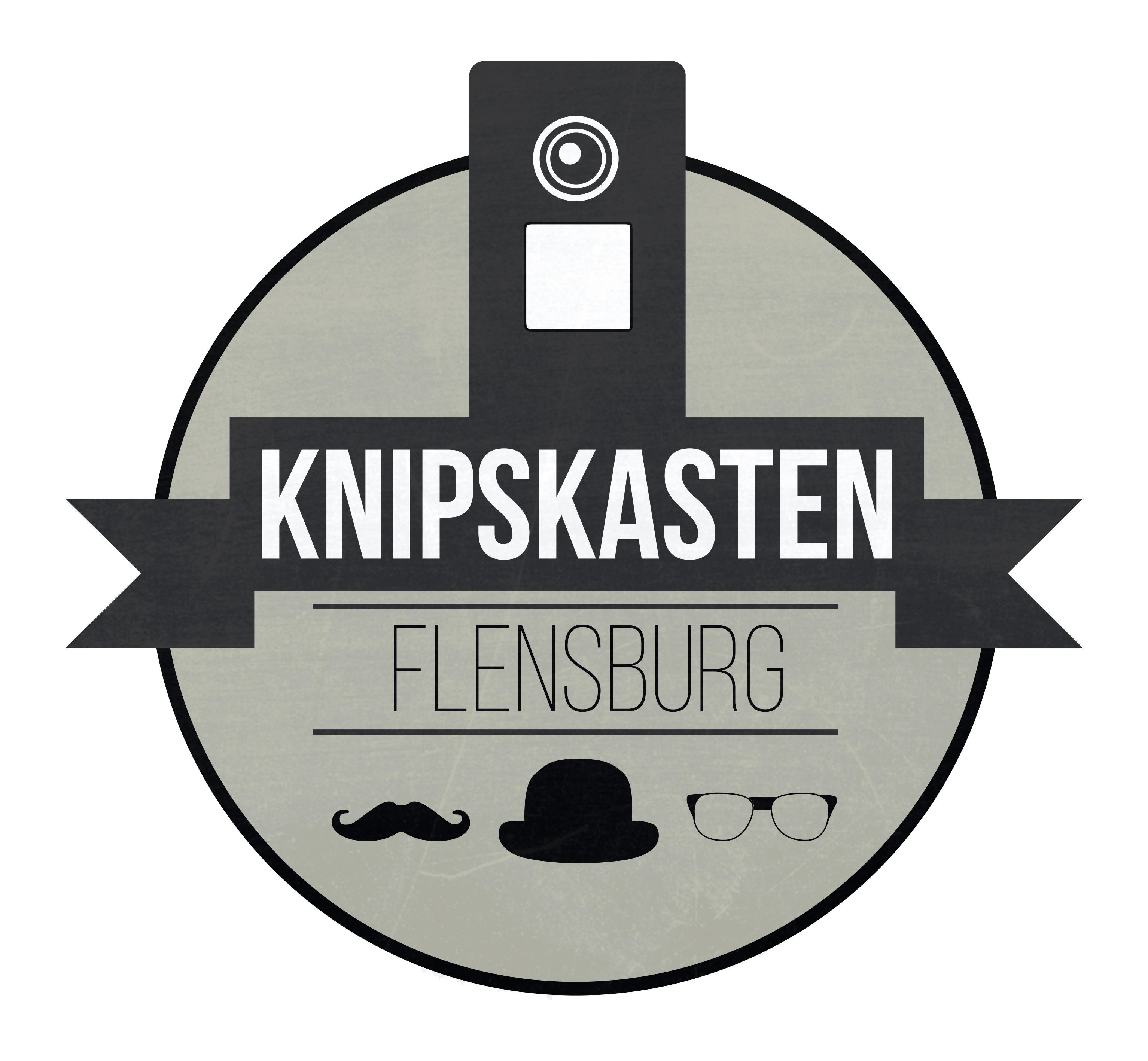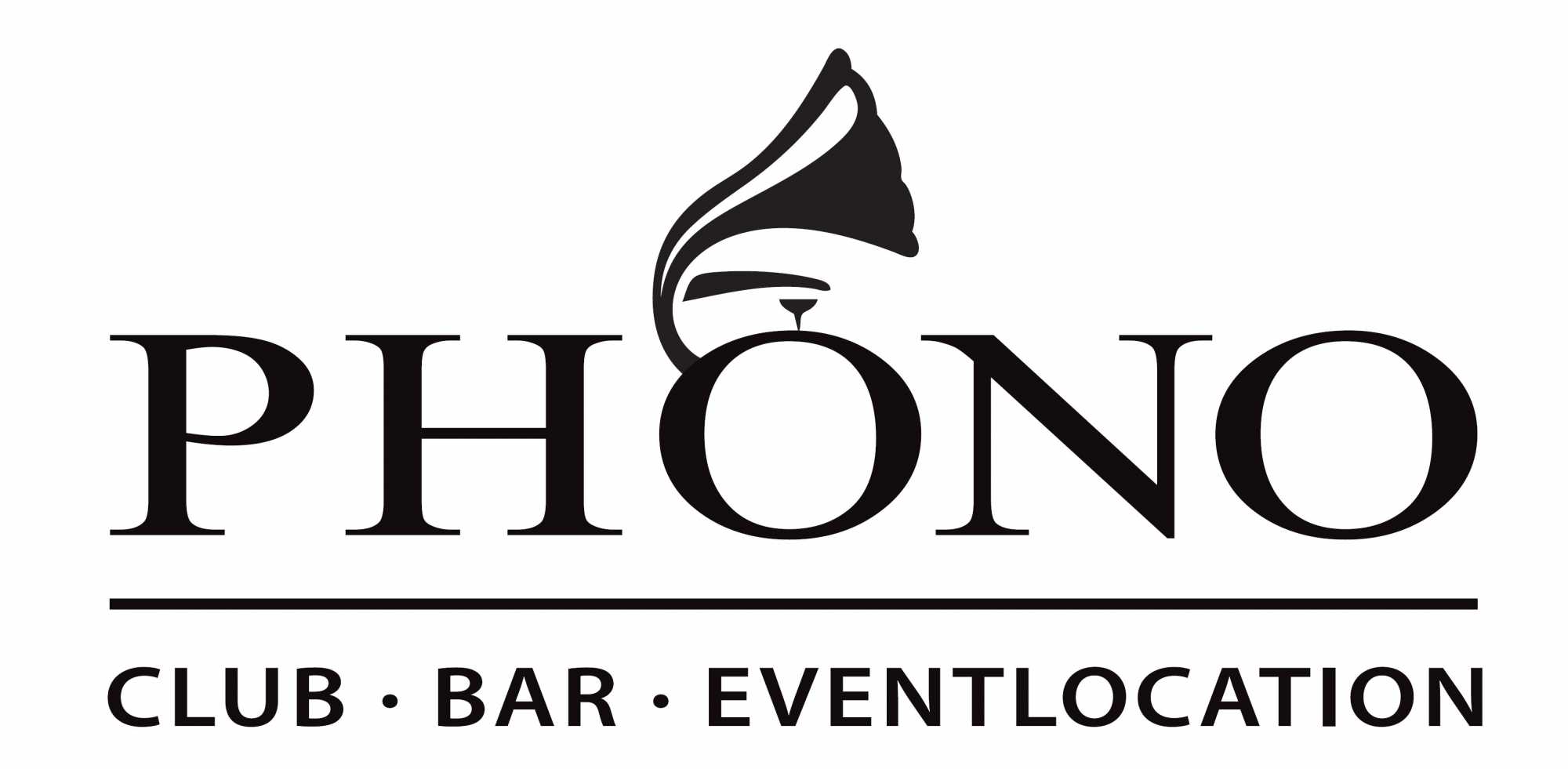- 1 | Valentin Costin Burecu
- 2 | George Gana
- 3 | Dumitru Bangheorghe
- 4 | Ștefan Ianuși
- 5 | Nicolae-Alexandru Bujicu
- 6 | Răzvan Babu
- 7 | Ștefănel-Răzvan Farmache
- 8 | Vasile Carabuz
- 9 | Daniel-Christian Gheorghe
- 10 | Ionuț Caragheorghe
- 11 | Angelo Anagnoste
- 12 | Cornel Ciobanu
- 13 | Georges Stercu
- 14 | Mihai Zugravu
- 15 | Sterică Bala
- 16 | Mihai Babageanu
- 17 | Costi Pilici
- 18 | George Dămășaru
- 19 | Stelian Legănatu
- 20 | Tănase Halep
- 21 | Dimiciu-Constantin Halep
- 22 | Stere Gramatica
Armanamea Team at the EUROPEADA
Armanamea is the national team of the Aromanians.
The minority has already participated three times, starting with EUROPEADA 2008.
Arman Community
Aromanian is a Romanian related language without mother state and is scattered through Greece, Macedonia, Albania, Serbia, Montenegro, Bulgaria and Romania. The German name derives from “armanji”, a self-designation of the Aromanians in Macedonia. In the Middle Ages they played a significant role as specialized sheepherders and distributors. From the Greeks they have probably learned the trade and worked one’s way up the ladder through good trade relations with Constantinople, Venice and Germany. A good part of the economic recovery has been invested in education, so it was no coincidence that Moscopole had after Istanbul the second printing office the 16th century in the Balkans. In the Turkish - Albanian wars not only the upswing was stopped, with the destruction of the city and seven other settlements of Aromanians, their home was taken and they were expelled from this area. By living as nomadic shepherds they were used to long journeys, many of them have been settled around the Lake Ohrid, which now belongs to Macedonia. But even there, there are now only small Aromanian communities because in the interwar period, a majority of the population has emigrated from the Balkans to Dobrogea in Romania, where they have increasingly settled after 1939 in former settlements of Dobrogea-Germans. Partly the from the Balkan brought Aromanian language is spoken today. The interests of Aromanian people living in Romanian are represented by the Aromanian community of Romania. The main objective is to preserve and develop the Aromanian language and culture. This is not an easy task, although the Council of Europe has recognized Aromanian as a minority language and has adopted a recommendation on the protection of the language and culture in June 1997, the Romanian state defines it only as a Romanian dialect and is showing for their culture and identity hardly interest.
But in another core area of today´s Aromanian around the city Metsovo in Pindus Mountains in northwestern of Greece it is even worse, because Greece does nothing for this minority. It is believed that only a few of the born after 1970 are commanding the language. The number of Aromanians decreases continuously, because there are very few schools where the language is taught. As a national language minority they are recognized only in the small state of Macedonia, which mentions it in the Constitution as such. Nevertheless, after the census in 1994 only 8601 citizens describe oneself as Aromanians. The Aromanians are everywhere well integrated into society, many of them also largely assimilated, also due to the many mixed marriages. A well-known representative of this minority language from the world of football is Gheorghe Hagi, international player of the country and player at several European clubs.
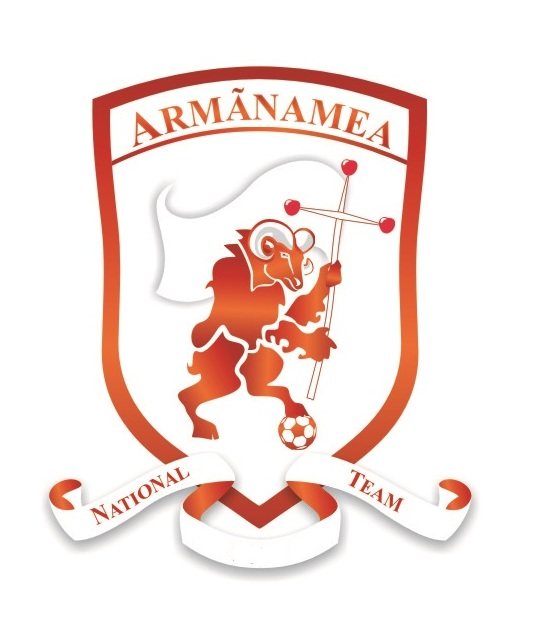
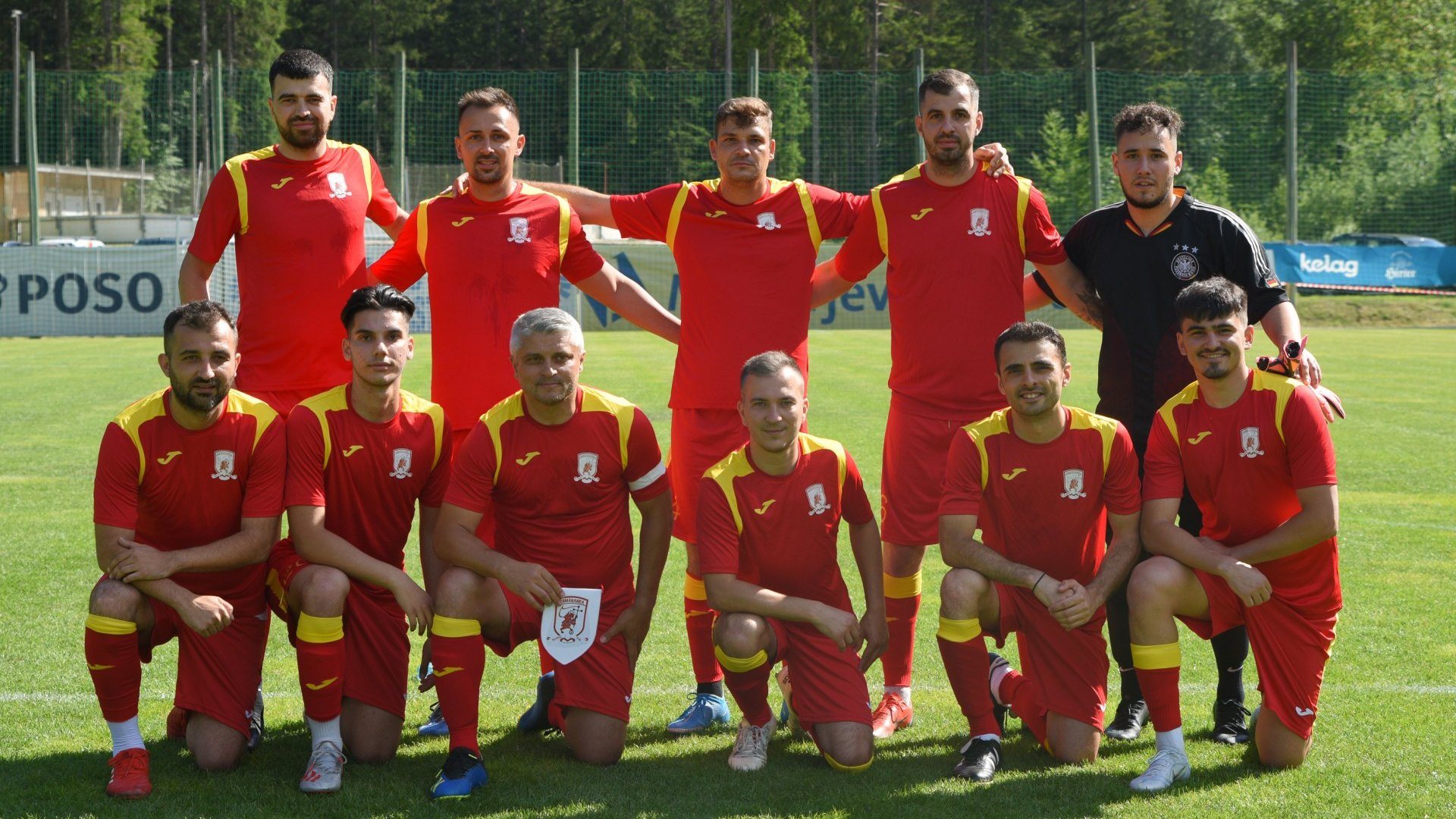



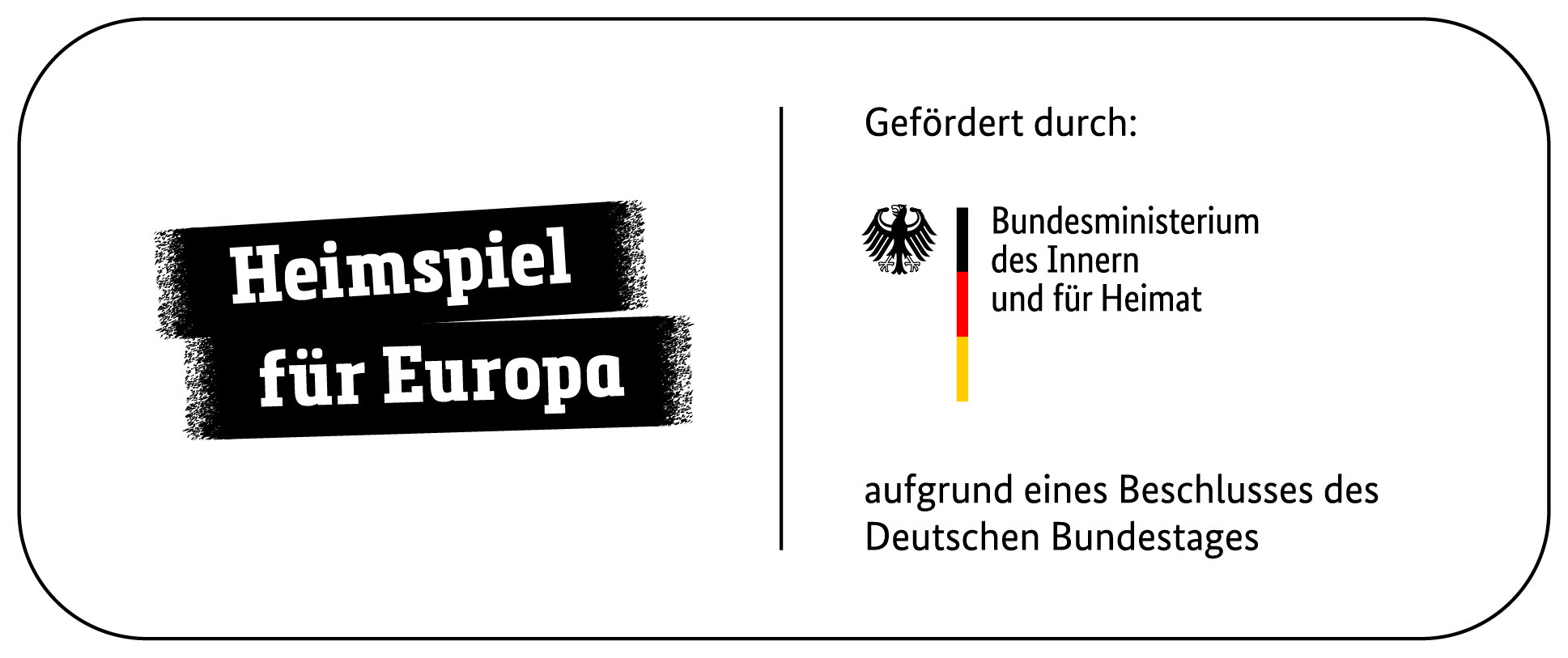
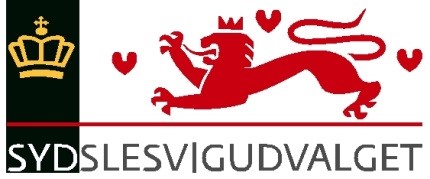



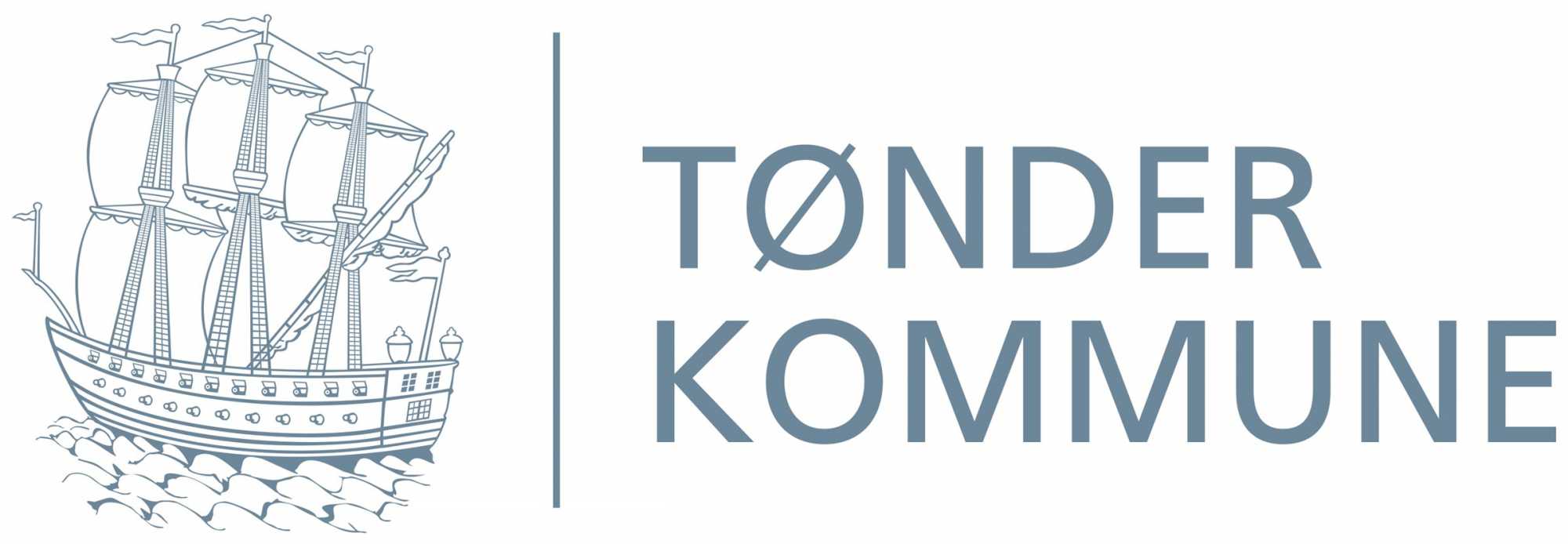
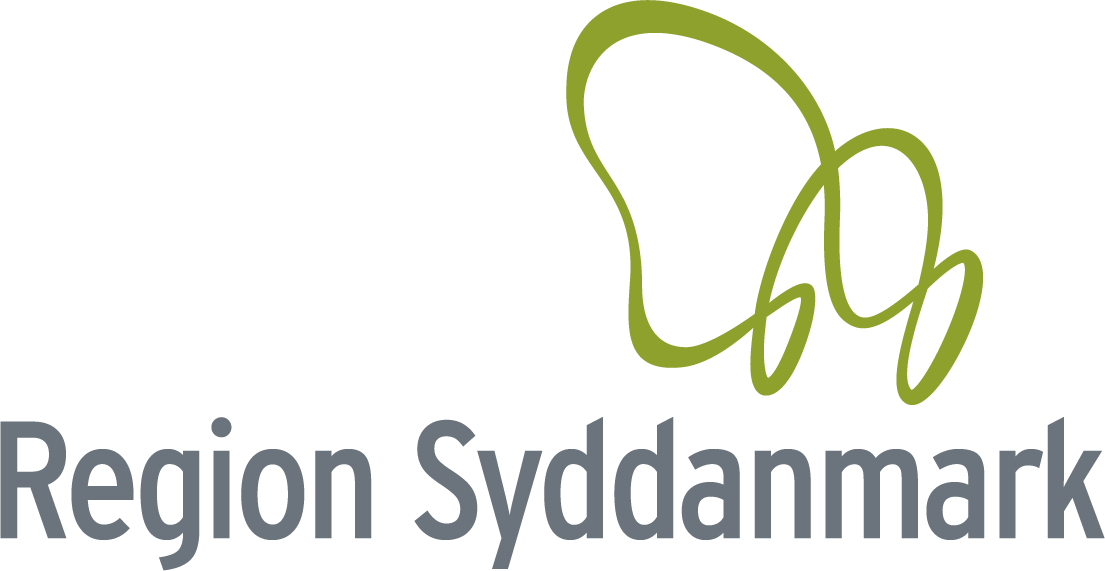
.png)



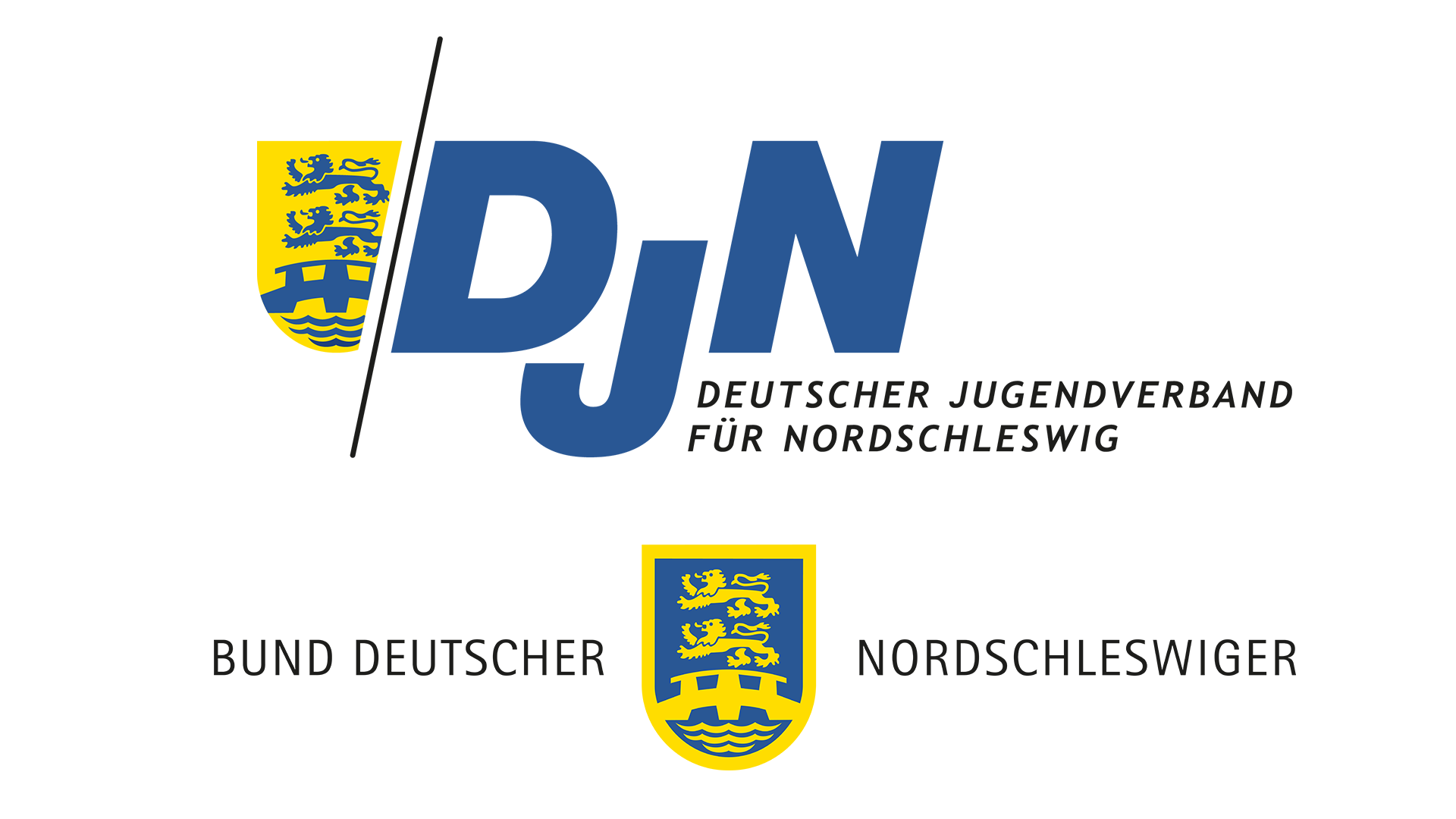
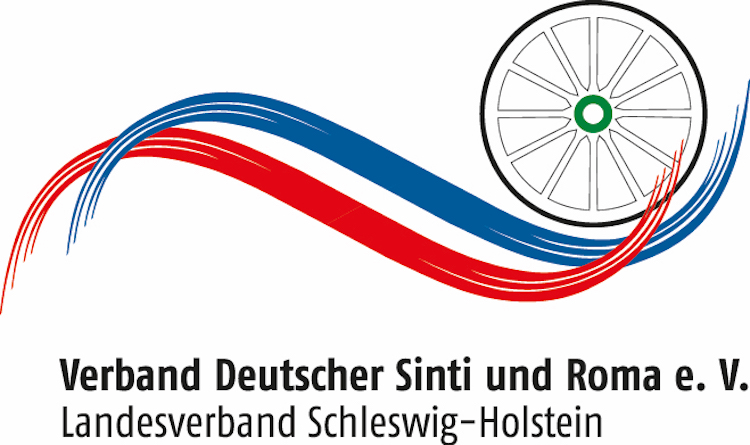

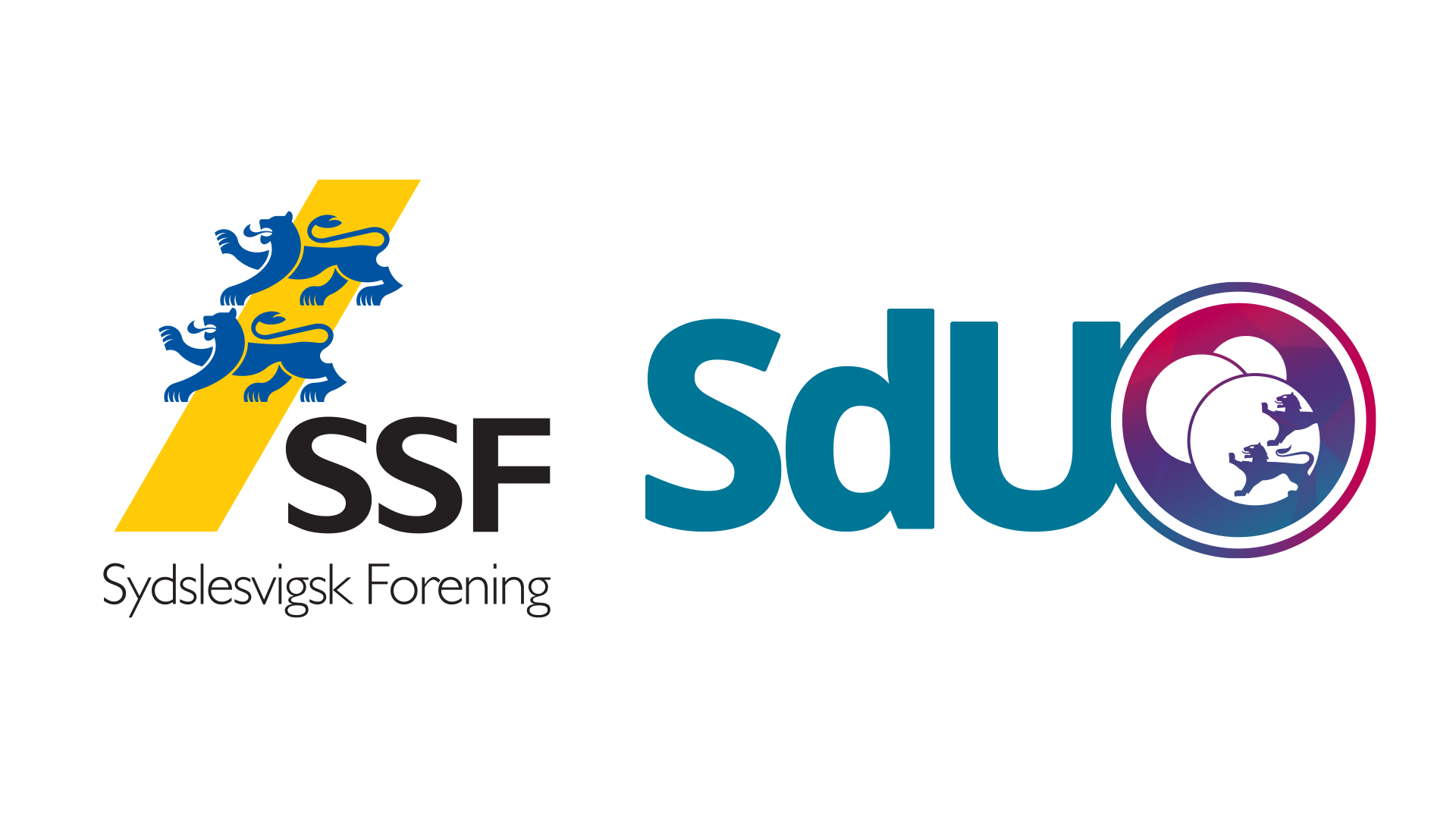
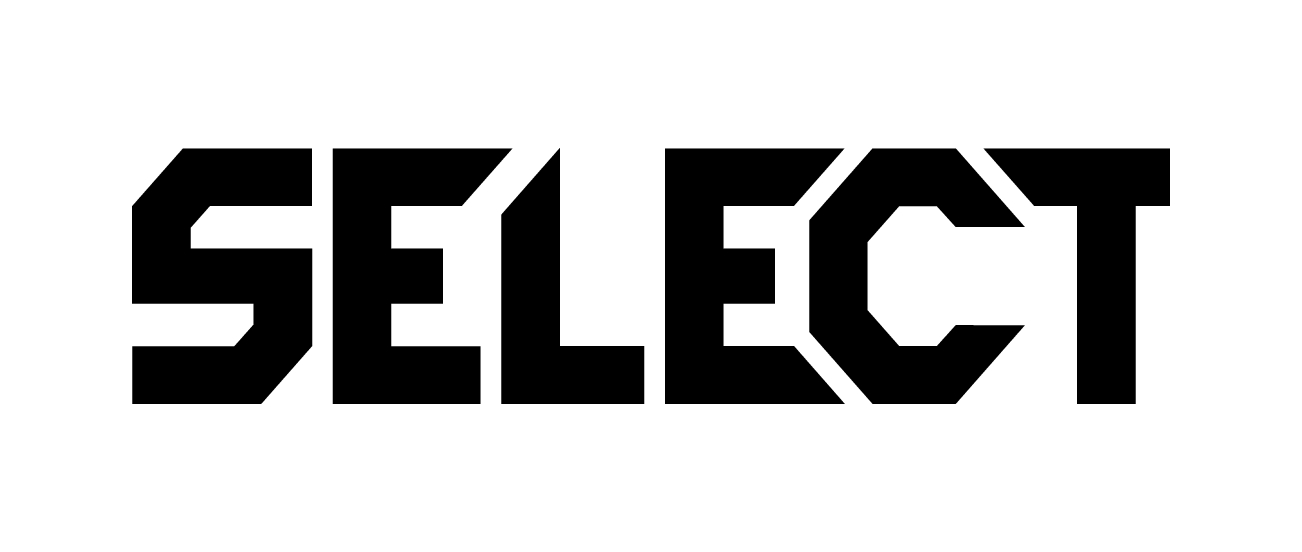

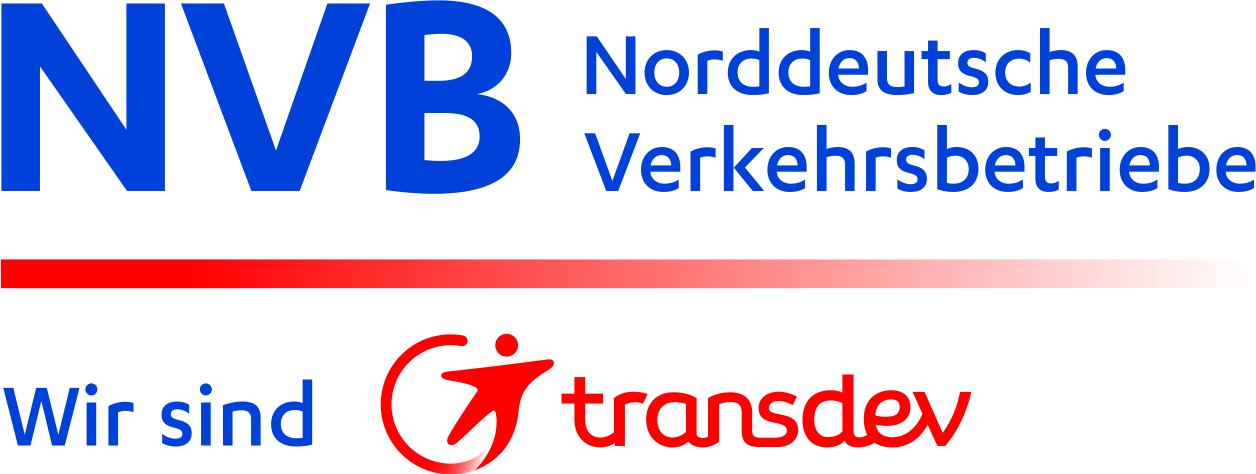

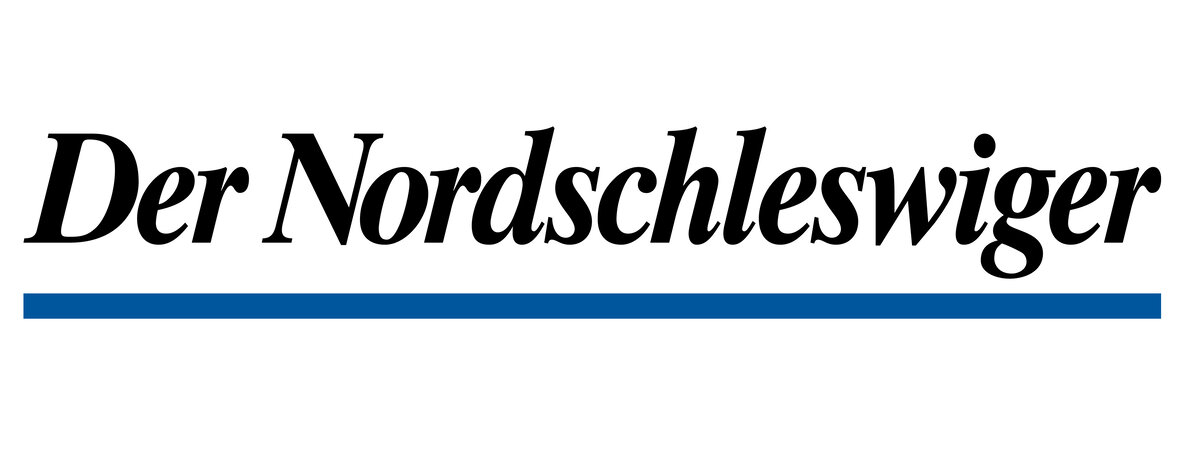




-1.png)
_(1).png)
